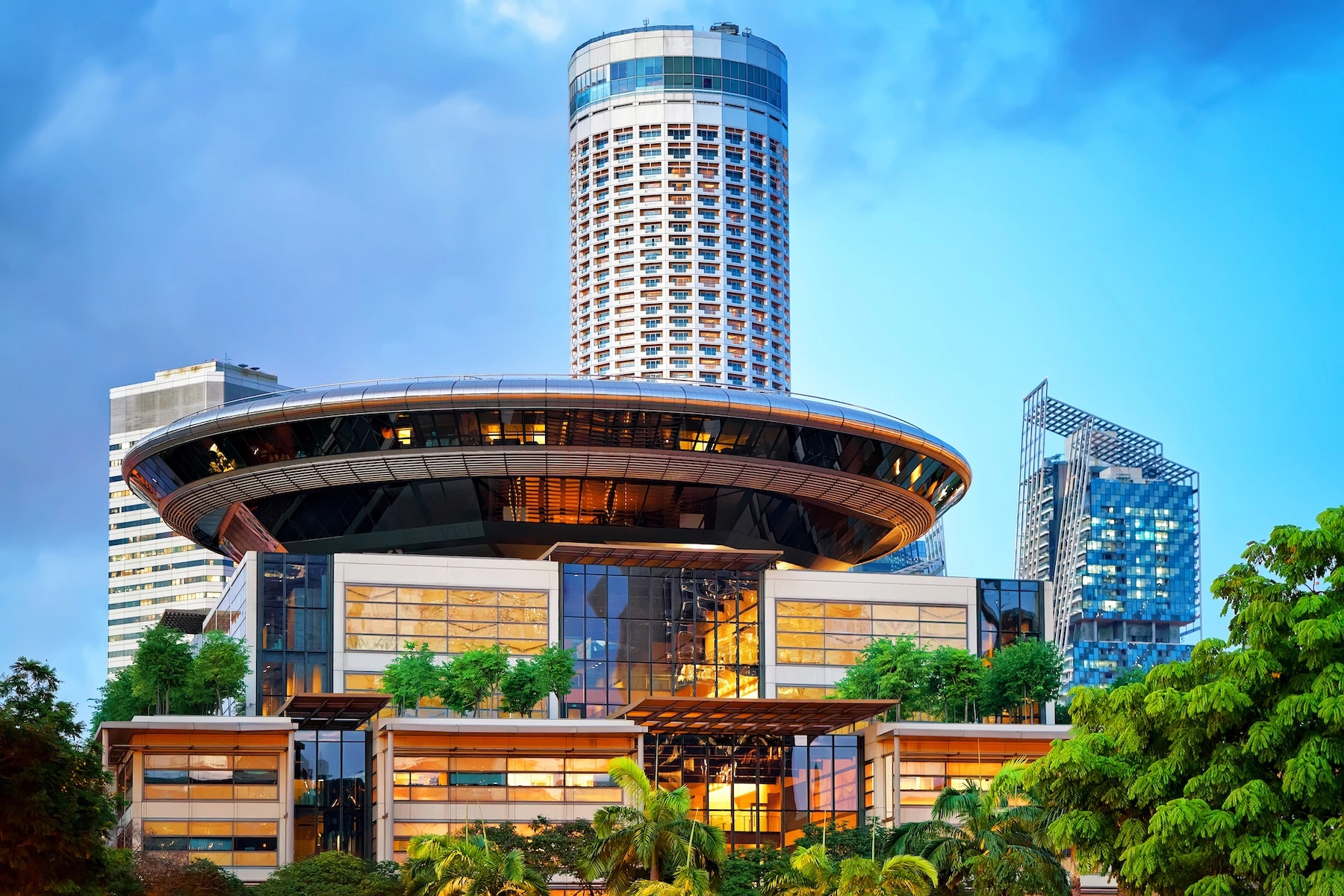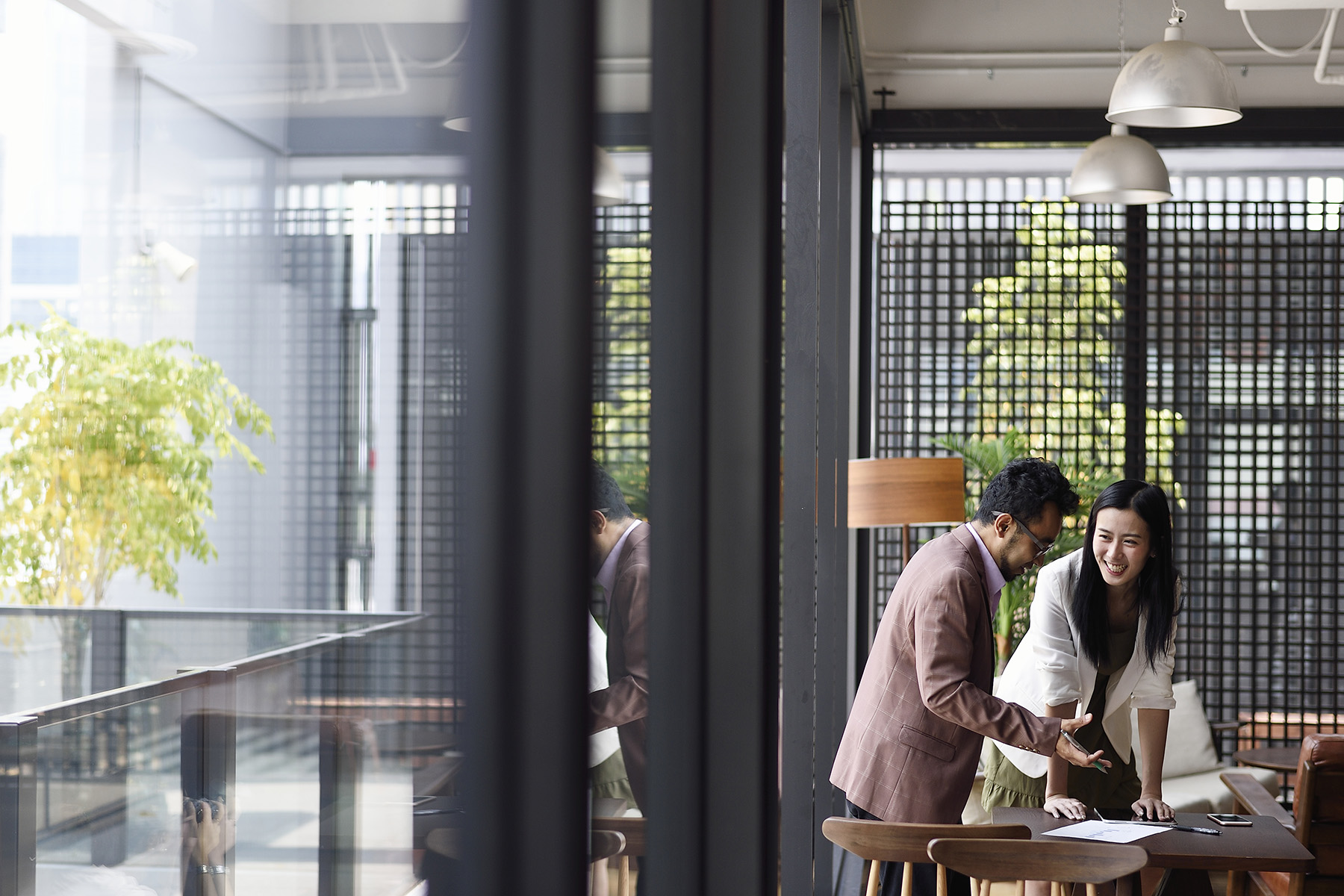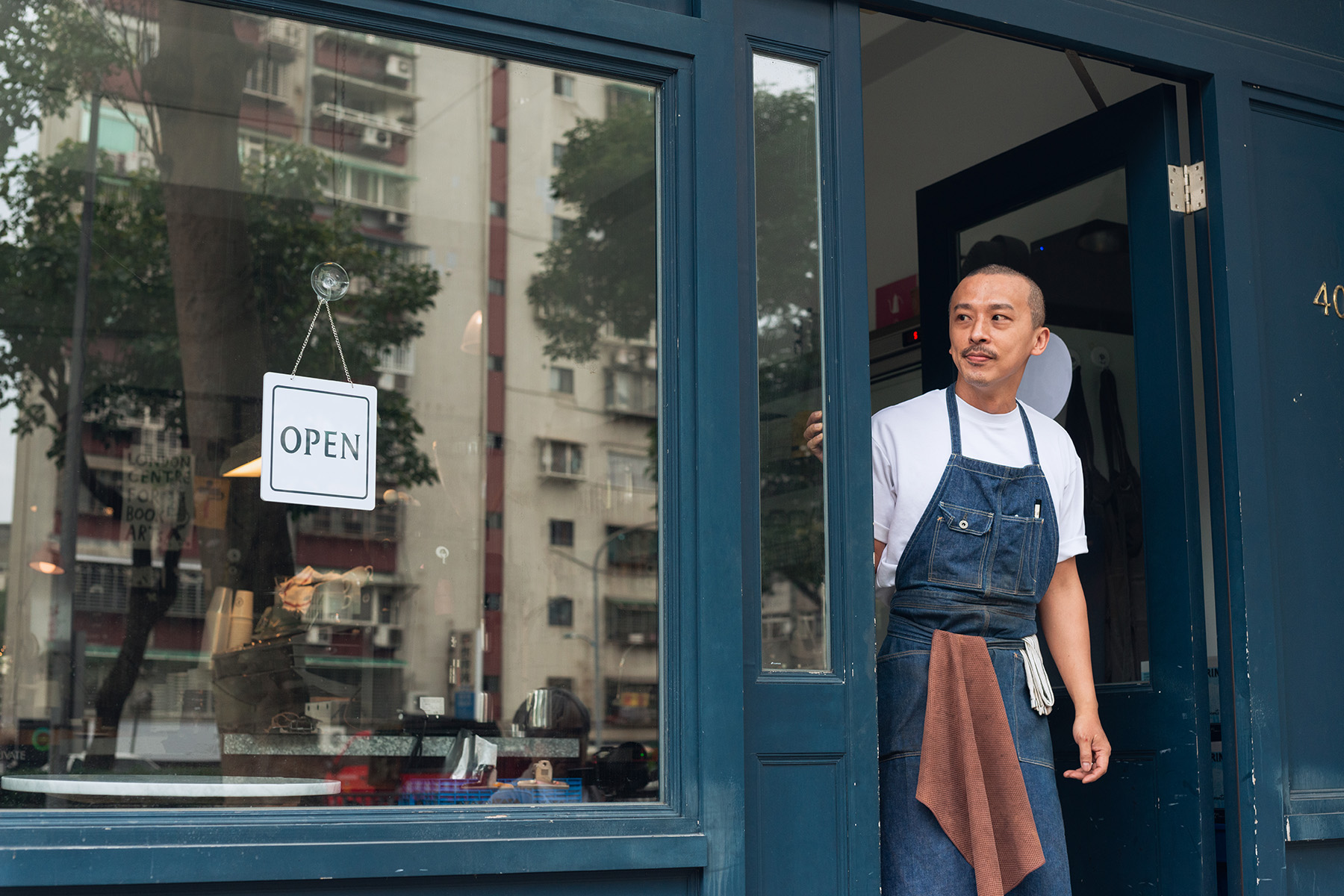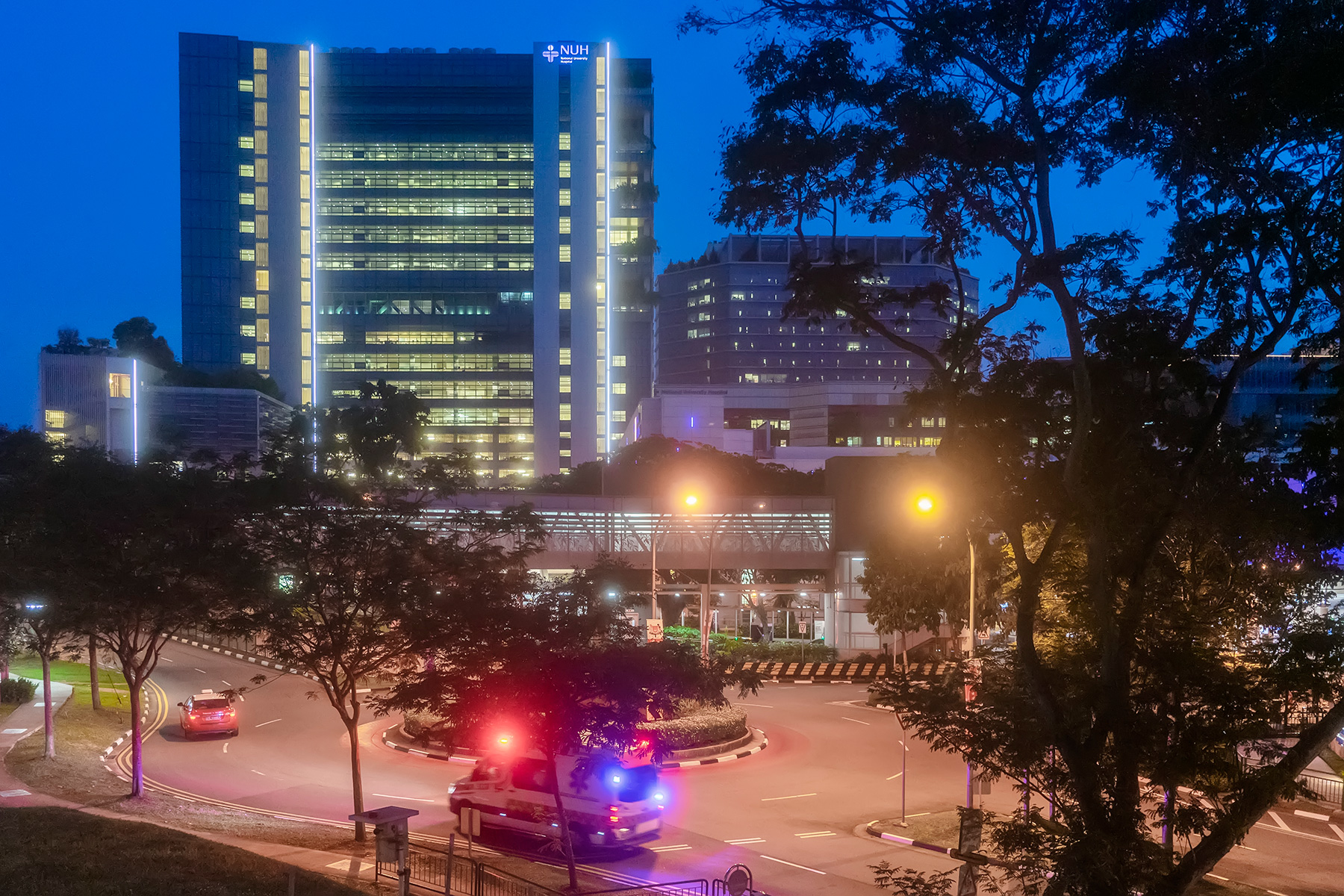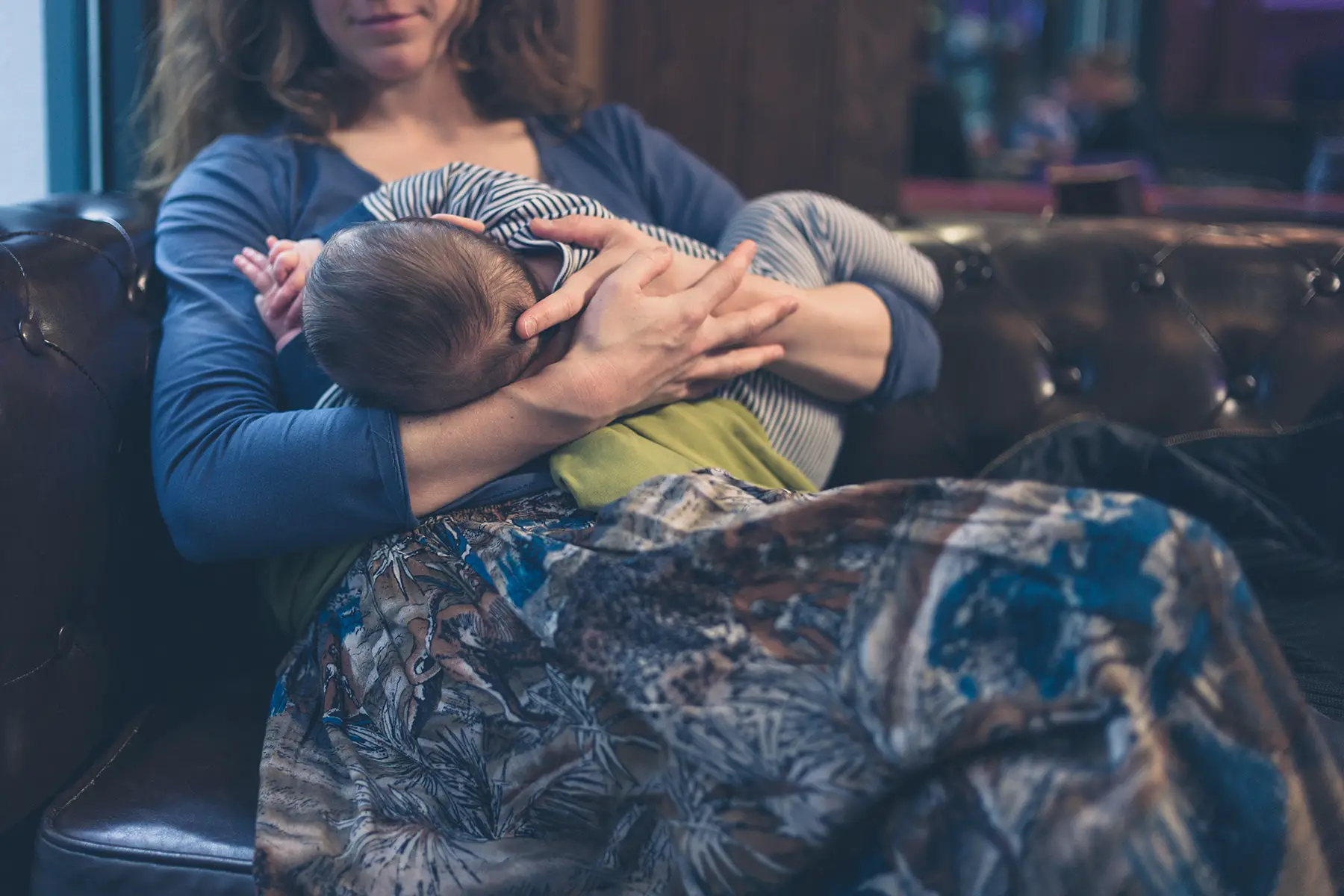Women’s rights in Singapore have come a long way socially, politically, and economically since the creation of the Women’s Charter in 1961. In fact, the country does quite well in terms of gender inequality, especially in the context of its flawed overall human rights record. However, as in many other countries, Singapore is still some way away from parity between the sexes, and much work remains to do.
Here’s what to expect regarding women’s rights in Singapore if you’re considering a move there.
- Women’s rights and gender equality in Singapore
- What is the Singaporean societal attitude toward women?
- Are there any laws on harmful practices in Singapore?
- Do women have political rights in Singapore?
- What are women’s economic rights in Singapore?
- Do women have health and reproductive rights in Singapore?
- What rights to education do Singaporean women have?
- How does Singapore protect women from harassment, abuse, and violence?
- What are the family and divorce laws in Singapore?
- Does Singapore have any laws around breastfeeding?
- Women in the media, arts, and sports
- Feminism in Singapore
- Which women’s rights organizations are in Singapore?
- Useful resources
Ground News
Get every side of the story with Ground News, the biggest source for breaking news around the world. This news aggregator lets you compare reporting on the same stories. Use data-driven media bias ratings to uncover political leanings and get the full picture. Stay informed on stories that matter with Ground News.
Women’s rights and gender equality in Singapore
Women’s rights have been an important topic in Singapore since long before the country’s independence. The Women’s Charter of 1961, the founding piece of gender-based legislation, came into force four years before Singapore became a sovereign nation-state.
The charter gives women in Singapore rights in the family, to divorce, property, and protection from violence. Additional parliamentary acts and adoptions of international treaties have since improved women’s rights in areas such as abortion and equal pay. These have earned Singapore a ranking of 49th out of 146 nations in the 2022 Global Gender Gap Report (GGGR) (PDF) by the World Economic Forum (WEF).
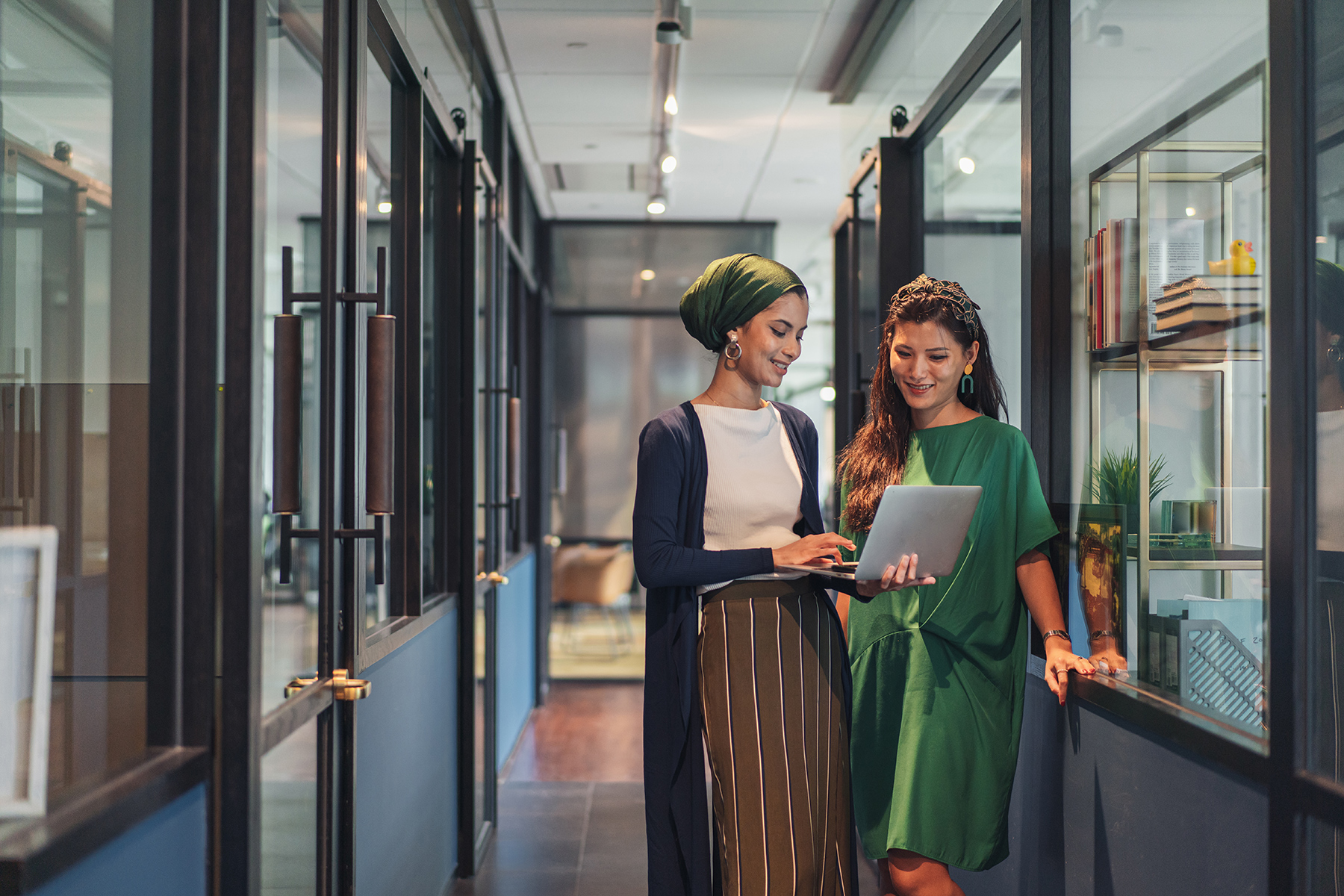
However, this legal progress has not yet translated into an equal position for women in Singaporean society. Women remain marginalized in many areas, underrepresented in decision-making positions, and sexual harassment is still fairly widespread. Furthermore, female migrant domestic workers face disadvantages due to a lack of labor protections.
A key problem is what some call the “patriarchal mindset” in Singapore. Many still view women as homemakers and caregivers rather than breadwinners or joint heads of household.
Singapore’s Constitution doesn’t specifically mention gender when discussing rights and equality, but the country has signed the UN Convention on the Elimination of All Forms of Discrimination Against Women. More recently, the government initiated a conversation and produced a white paper on women’s development.
What is the Singaporean societal attitude toward women?
Singapore has generally held a rather traditional and conservative public attitude toward women. Societal norms mean that primary caregivers are usually women, and efforts to promote equality face challenges from some parts of the public.
For example, in Singapore’s working culture, some male employees who wish to be more active in bringing up their children face negativity (PDF) from colleagues and employers. This could lead to women being more likely to take on these responsibilities.
Furthermore, feminism is often met with skepticism. An IPSOS study from 2022 found that:
- Around one in three men in Singapore feel that feminism does more harm than good
- 24% of Singaporeans deny that gender inequality exists in the country
- 19% feel that violence towards women is provoked by the victim
When it comes to social behaviors, two out of five people in Singapore agree that men should pay for the first date.
Although legislation promotes women’s rights and gender equality, it seems that entrenched public attitudes will require further-reaching efforts.
Are there any laws on harmful practices in Singapore?
Although Singapore has laws to protect women from forced and child marriage, some harmful practices remain widespread.
The Women’s Charter in Singapore states that the minimum age for marriage is 18, as does the Muslim Law Act. However, the authorities can grant permission for minors to marry in certain circumstances. Singapore has signed UN treaties on child rights and women’s rights protecting against forced and early marriage, and there have been calls to end legal exceptions (PDF) to the laws on child marriage.
There are no laws against female genital mutilation (FGM) in Singapore, and the government has no official position on it. Reports suggest that this occurs frequently among the Malay community in Singapore and that around 60% of these women may have experienced it.
Meanwhile, Singapore’s Prevention of Human Trafficking Act 2014 criminalizes sex trafficking. The US government ranks Singapore as a Tier 1 country, meaning it meets minimum global standards to combat and eliminate trafficking.
Do women have political rights in Singapore?
Can women vote?
Women have had the right to vote in Singapore since the introduction of democratic elections pre-independence in 1948. In fact, women played a key role in the early success of the People’s Action Party (PAP) in national elections, winning four out of five seats they contested in the 1959 elections.
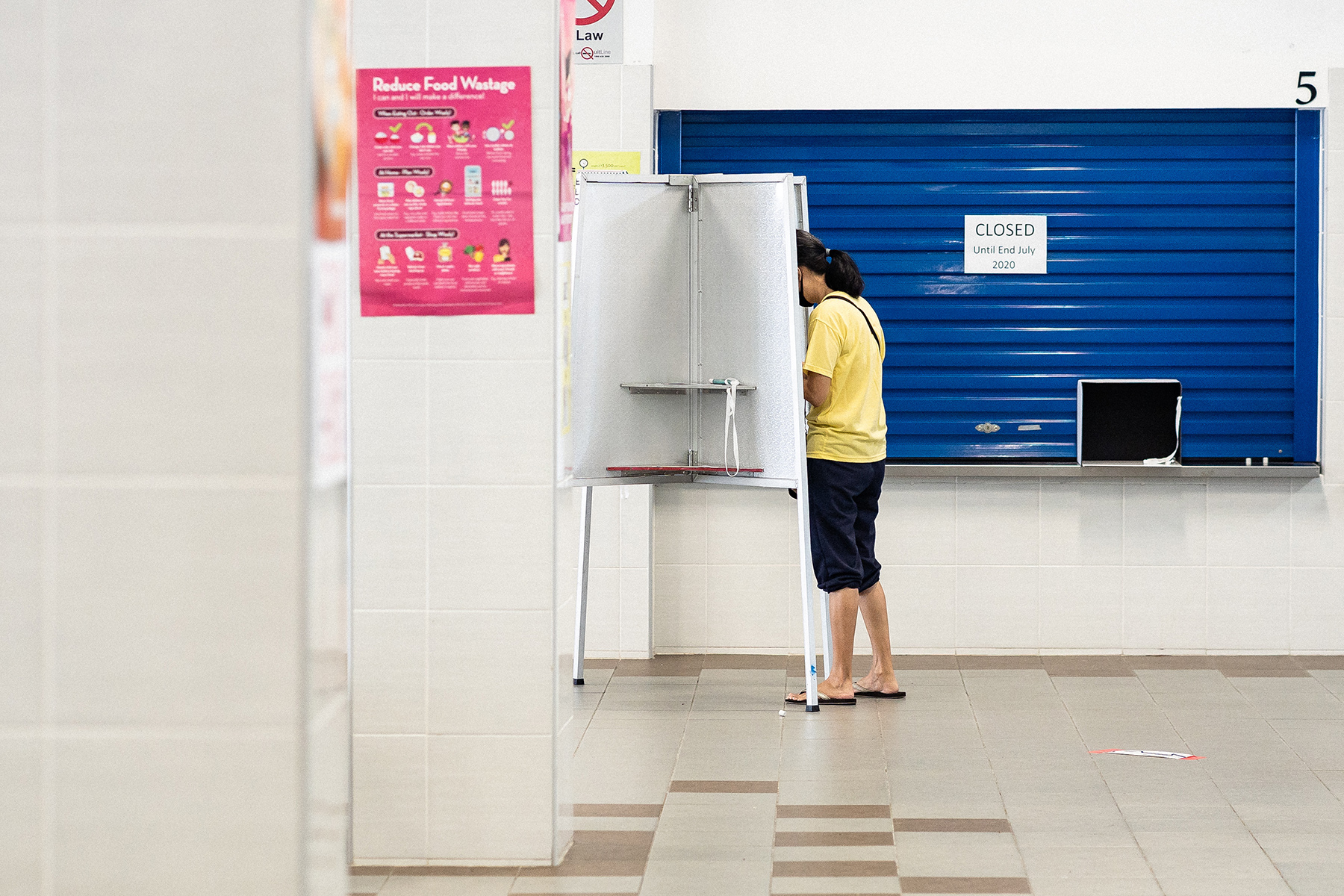
All citizens over 21 can vote to choose the country’s parliament and president.
Are there any women in power in politics?
Singapore currently has a female president, Halimah Yacob. Singapore has had 10 presidents and prime ministers since its independence in 1965, and this is the first time a woman has held either role.
As of June 2023, 29.1% of Singapore’s parliament is female, the 67th highest percentage worldwide. Three out of 19 current cabinet ministers are female:
- Grace Fu Hai Yien, Minister for Sustainability and the Environment
- Josephine Teo, Minister for Communications and Information and Second Minister for Home Affairs
- Indranee Thurai Rajah, Minister, Prime Minister’s Office, Second Minister for Finance, and Second Minister for National Development
These figures are lower than those for overall workforce participation, showing that there is still some way to go to achieve gender representation in Singapore’s politics.
What are women’s economic rights in Singapore?
Employment rights
Women have the full right to work in Singapore and have relatively high employment rates. According to the 2022 Singapore Labor Force Survey (PDF), 60.9% of working-age women are in employment, compared to the Organization for Economic Cooperation and Development (OECD) average of 54.1%.
Singapore ranks 29th globally for economic participation and opportunity on the 2022 GGGR (PDF). The most recent study by the Ministry of Manpower (MoM) into the gender pay gap found that women earned 14.4% less than men across all full-time employment (unadjusted gender pay gap) and 4.3% less for the same or similar work (adjusted pay gap). These figures are lower than global averages.
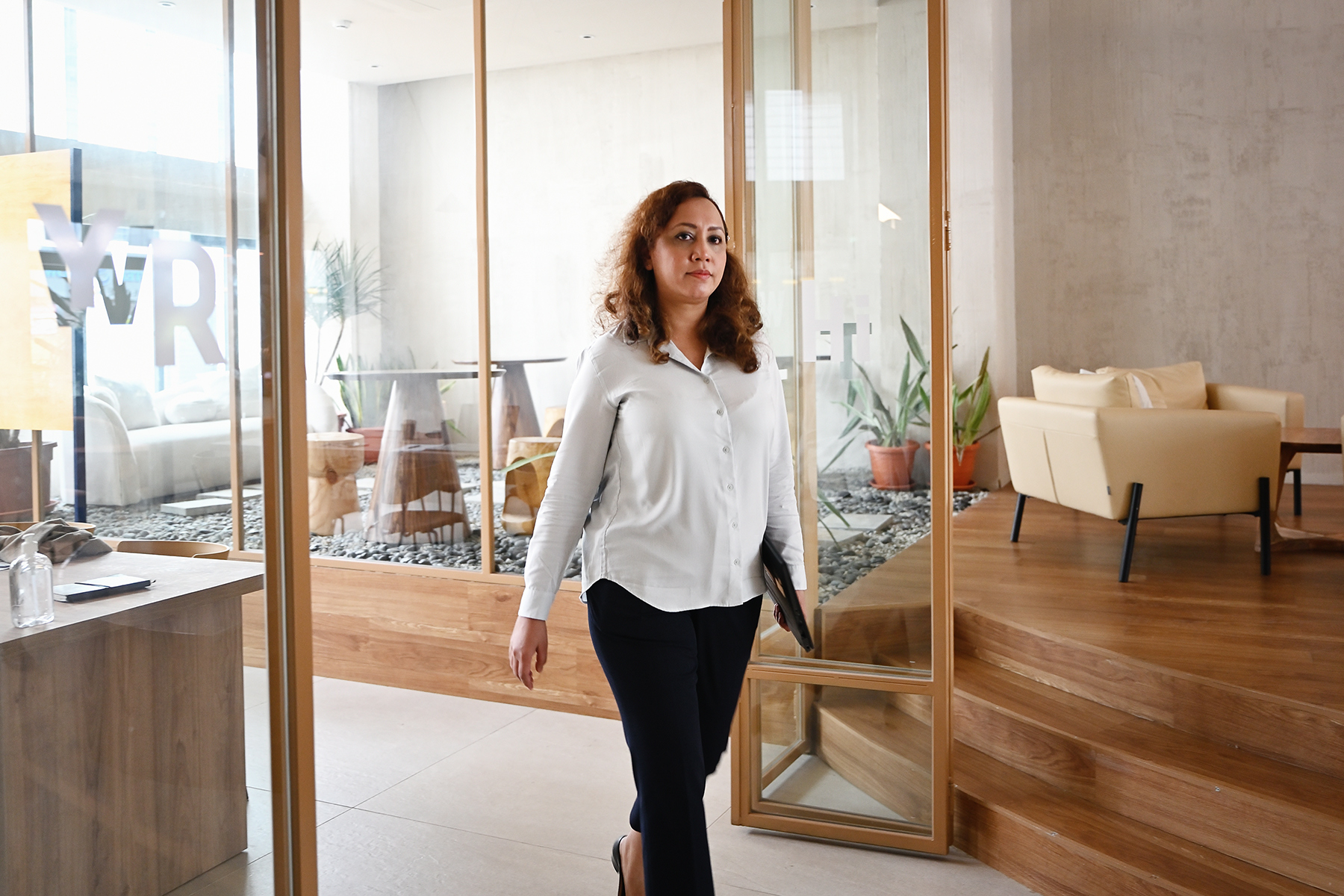
However, although Singapore performs relatively well, it is some way from achieving gender equality. This is especially true when it comes to women at the top. Women in Singapore make up 33% of senior management teams, above the regional ASEAN average of 29%, but only 9% of Singaporean businesses have a female CEO (2019).
Furthermore, only 17.6% (PDF) of directors at the top 100 SGX companies are women, and 48% of firms still have all-male boards (2020). Singapore has a lower percentage of women directors than countries such as Australia, Malaysia, and the United States, but a higher percentage than Indonesia, Japan, and Hungary.
Women in Singapore with STEM qualifications are also underrepresented in related fields compared to men. Furthermore, they remain over-represented in lowest-paid sectors, such as accommodation and food services. 14% of female workers in Singapore are part-time, compared to 8% of men.
One of the main obstacles to career advancement for women in Singapore is the burden of unpaid work. Among those outside the workforce because of caregiving duties, 89.4% of them are women. The country’s parental leave laws remain unbalanced, with maternity leave currently at 16 weeks and paternity leave just two weeks.
Women in business
There are no legal barriers to women setting up businesses in Singapore. However, the country lags in terms of female self-employment and entrepreneurialism. Only 7.9% of working women in Singapore were self-employed in 2021, well below the East Asia and Pacific average of 44.2% and the overall national average of 13.3%.

Again, slightly less visible barriers inhibit women from becoming their own bosses. The unpaid work factor hits self-employment even harder, as working hours are typically longer. In addition, Singapore’s business culture is still quite male-dominated.
However, things are beginning to change. Between 2016 and 2022, the percentage of female entrepreneurs in Singapore rose from 17.9% to 24.9%, and brand owners increased from 17.7% to 23.4%.
If you are a woman with a great business idea who’s ready to strike out alone in Singapore, you can get support from the Singapore Women Entrepreneurs Network and the Singapore Business and Professional Women’s Association (SBPWA).
Financial and property rights
According to the GGGR, women have equal financial and property rights and near-equal inheritance rights in Singapore. There are no legal barriers to women in Singapore opening a bank account, getting a mortgage, or having a pension.
Regarding lifetime earnings, Singapore ranks 42nd in the world on the GGGR for estimated earned lifetime income. Across a Singaporean woman’s lifespan, she will, on average, earn 71% of that of her male counterpart.
Do women have health and reproductive rights in Singapore?
Women in Singapore have equal rights to public healthcare, which is available to citizens and permanent residents. Health insurance covers many women’s healthcare, including maternity, some sexual healthcare and fertility treatment, and abortion. However, it typically doesn’t provide for birth control.
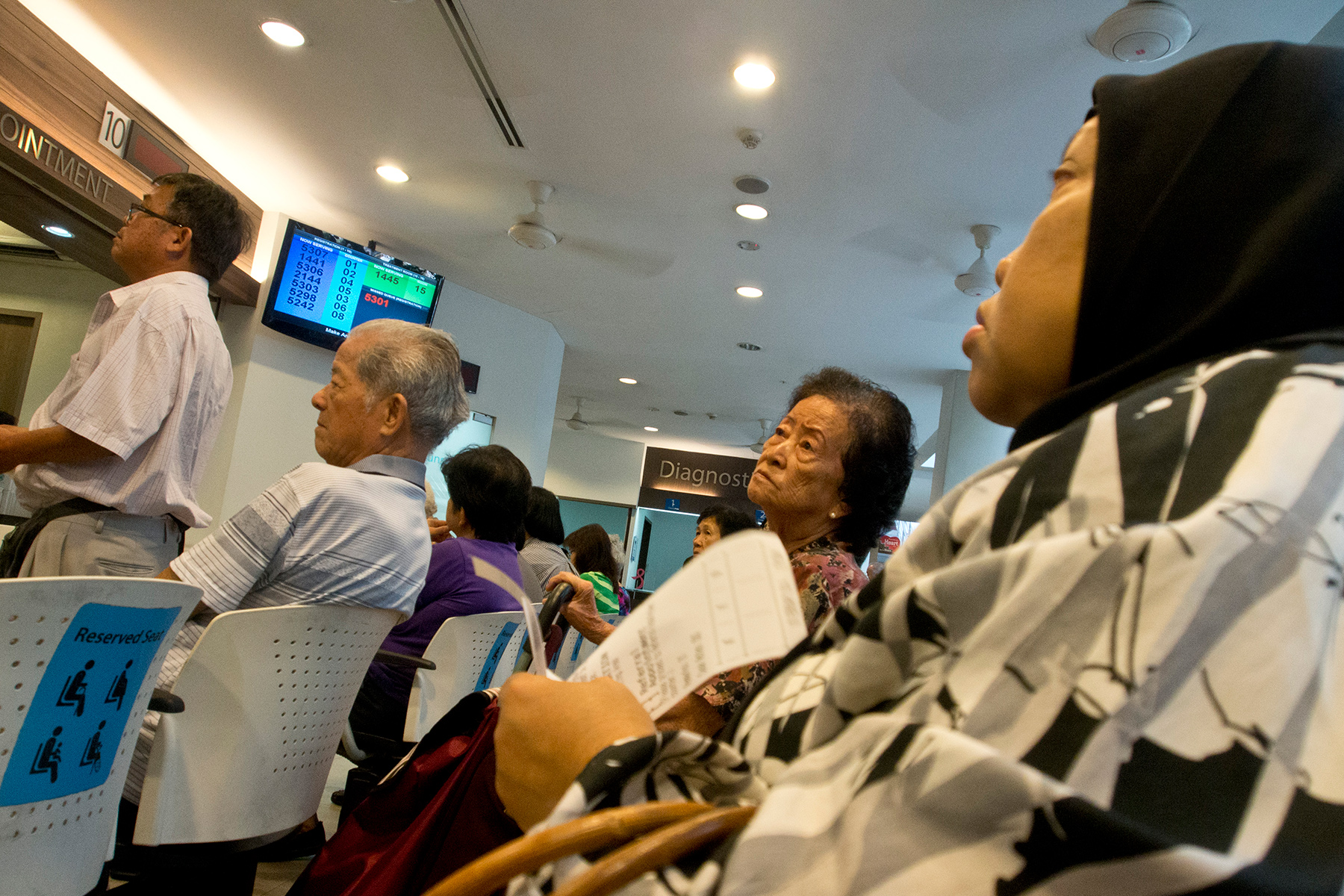
Singapore has seen a number of campaigns to assert control over women’s reproductive rights over the years. In 1965, the White Paper on Family Planning was published, and a scheme of family and population planning was introduced. Later, in the 1970s, this became more aggressive, with the “Two is Enough” campaign, which promoted sterilization after a second child.
Since the 1969 Abortion Act, abortion in Singapore has been legal until 24 weeks, or later if the mother’s health is at risk.
Singapore’s maternal mortality and teen pregnancy rates are very low, as is its fertility rate, at 1.14 births per woman. The GGGR ranks the country 123rd globally for health and survival (2022).
What rights to education do Singaporean women have?
Today, women have the full right to education in Singapore at all levels, and the country fares very well in terms of female enrolment. Almost all girls in the country complete primary and secondary school education, with many continuing to university. In fact, women in Singapore have higher graduation rates than men – 69.2% of women who enroll in higher education programs graduate, compared to 53.8% of men. Singapore ranks 65th in the world overall in terms of educational attainment according to the 2022 GGGR.
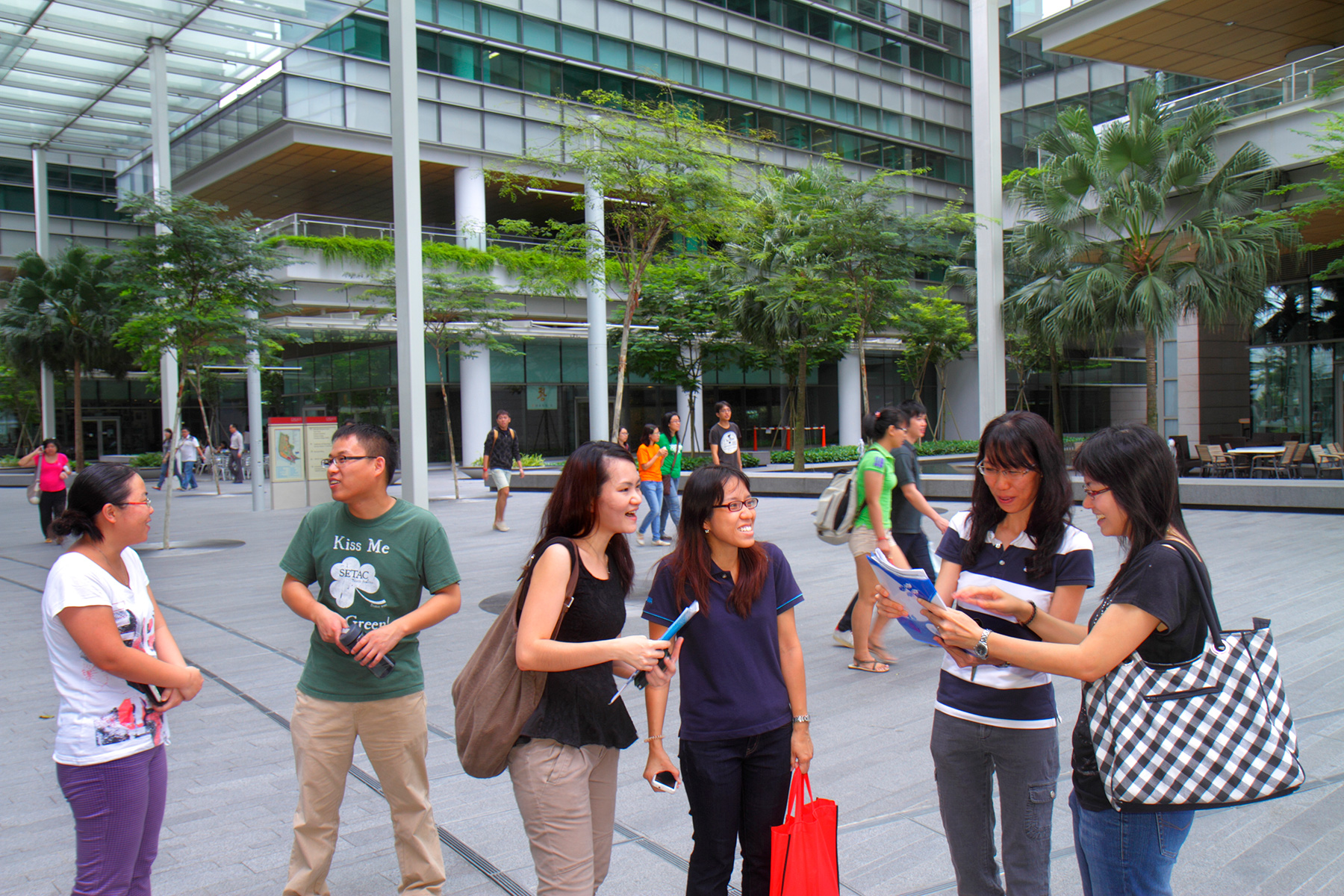
Women make up around 41% of participants in STEM courses in Singapore, above global averages. However, they account for only 37% of academic staff at higher education institutions, which is below international levels (2021).
How does Singapore protect women from harassment, abuse, and violence?
According to World Bank global statistics, Singapore has extremely low levels of gender-based homicide. The rate of intentional homicides in the country is 0.1 women per million of the population. However, domestic and gender-based violence is more prevalent. Around 10% of women in Singapore report experiencing a lifetime of violence at the hands of men, and a troubling 71% are unlikely to report abuse to the police.
Furthermore, a 2021 study found that two in five women in Singapore had experienced sexual harassment in the workplace.
Singapore’s rape laws detailed in the Penal Code apply to any non-consensual penetrative act involving the male organ and another’s vaginal, anal, or oral orifice. Consent can only be given by those aged 16 and over, and those found guilty of rape can be jailed for up to 20 years.
Crimes of sexual assault that don’t qualify as rape receive a lesser sentence. Under amendments in place since 2019, men can now be charged with raping their wives if they pressure or force them into non-consensual intercourse.
If you experience or witness domestic or sexual violence in Singapore, you can contact the emergency services or the Association of Women for Action and Research (AWARE), a non-profit organization that offers support and runs a sexual assault center in Singapore. AWARE also provides information and recommendations (PDF) on dealing with sexual violence in Singapore.
What are the family and divorce laws in Singapore?
The Singapore Women’s Charter 1961 grants women the legal right to choose their spouse freely and seek a divorce if things don’t work out.
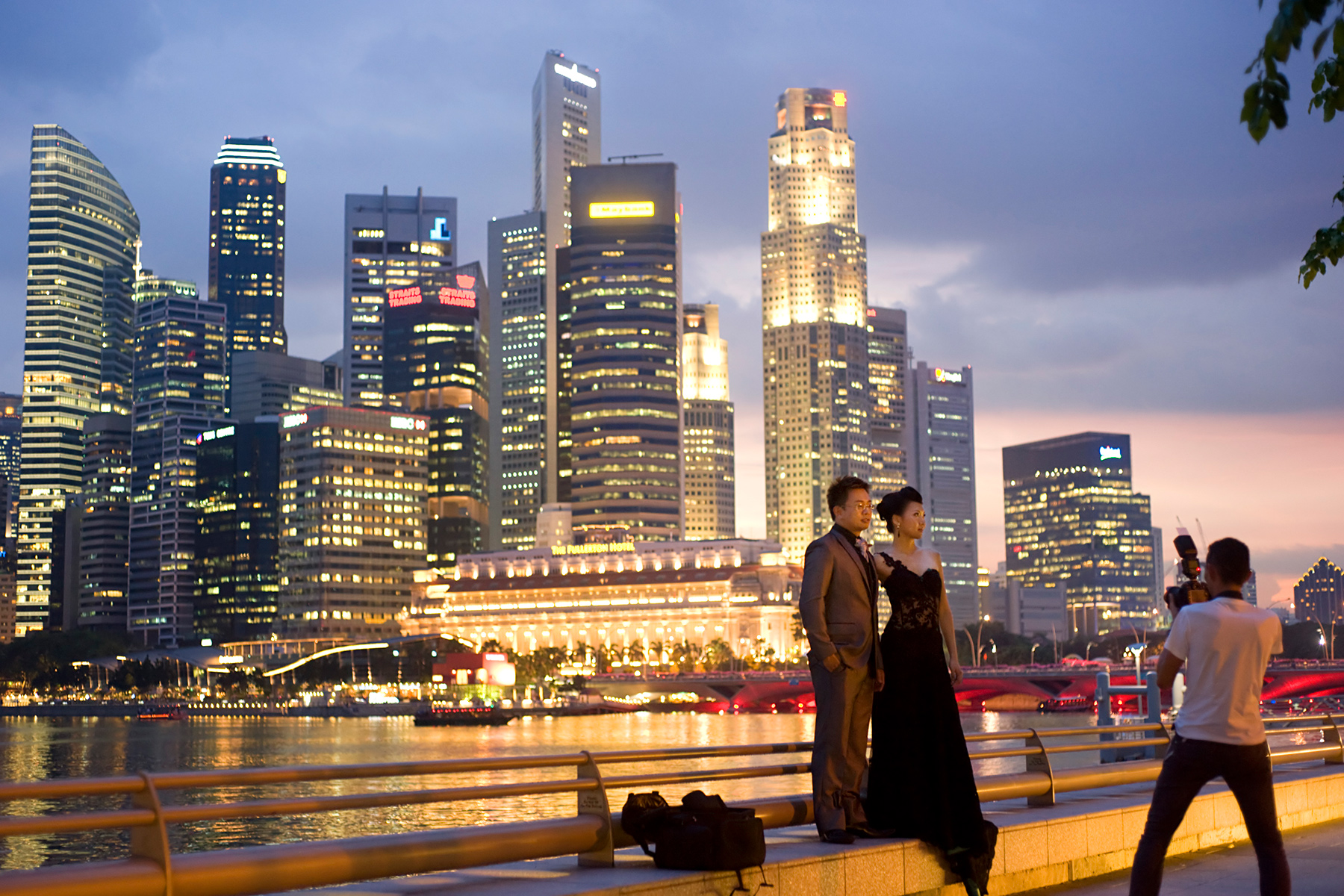
Either spouse can file for a divorce in the family courts of Singapore. The only stipulations are:
- You have been married for at least three years, unless you have leave of court permission to divorce earlier.
- You meet the grounds for divorce, for example, one of the spouses is guilty of unreasonable behavior, or the couple has been separated and living apart for at least three years.
Does Singapore have any laws around breastfeeding?
Breastfeeding rates in Singapore are high. According to the most recent national survey (2013, PDF), 99% of new mothers attempted to breastfeed their newborn, and 50% of infants were exclusively breastfed.
Singapore doesn’t have any specific breastfeeding laws, and there are no restrictions against breastfeeding in public, as long you do not breach any laws against indecent exposure and appearing nude in public.
Singapore’s policies on breastfeeding are generally in line with World Health Organization (WHO) guidelines. However, public attitudes may be on the conservative side in some spaces.
Women in the media, arts, and sports
Singapore performs fairly well regarding female representation in creative industries. Women make up 44% of technology, information, and media employees and 35% of senior staff members in the sector, above the levels in countries such as Australia and India. Unfortunately, Singapore currently doesn’t participate in the Global Media Monitoring Project, so there is a lack of detailed data on newsroom representation in the country.
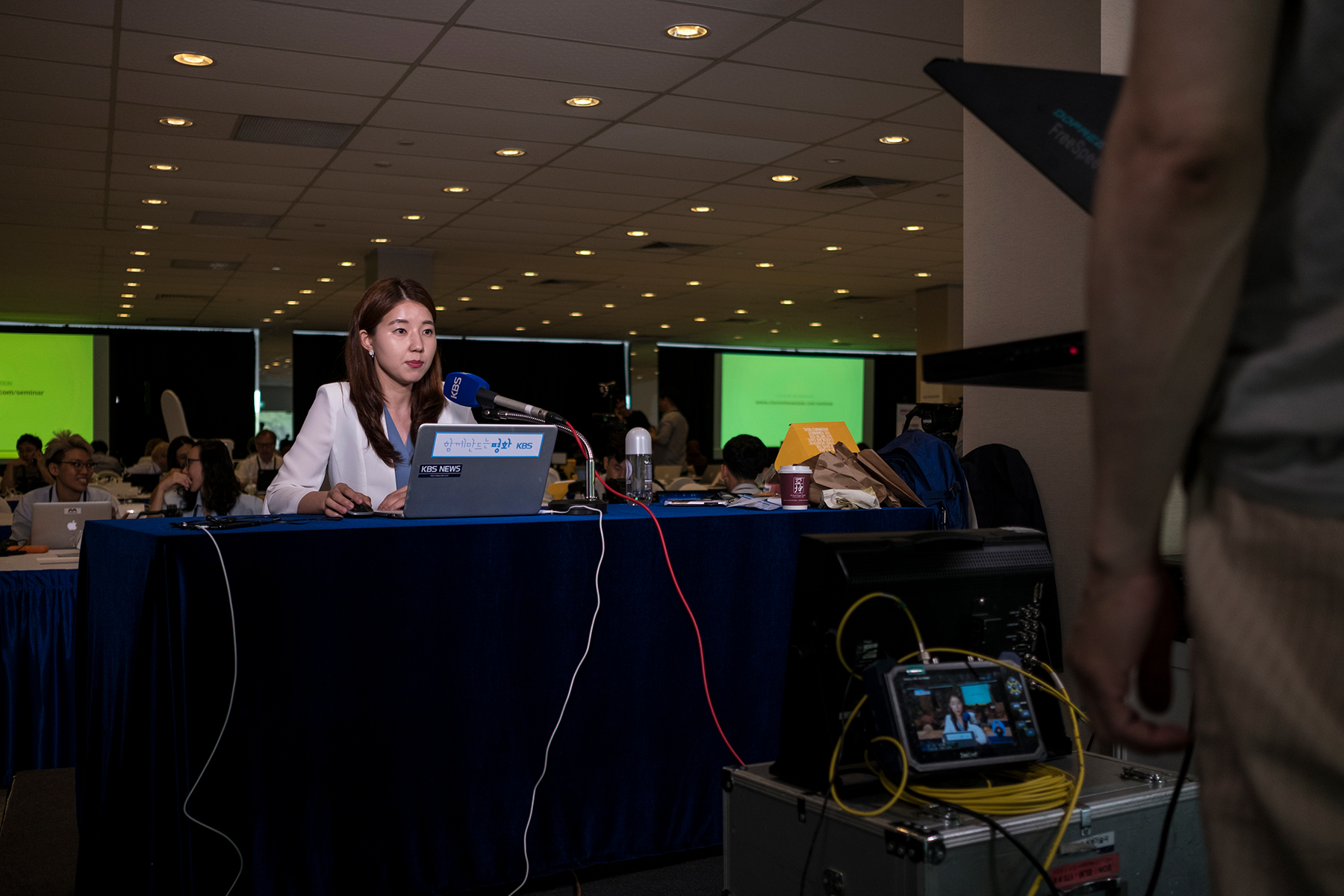
Just over half (PDF) of Singapore’s arts and cultural sector employees are women (2016), higher than the overall employment average. Although women are vastly underrepresented in industries such as music worldwide, the gender bias situation doesn’t seem to be so severe in Singapore. In fact, there has been resistance against gender stereotyping in the country in traditionally male-dominated areas such as club DJing.
Things are more problematic concerning the representation of women in mainstream media. A 2020 study by AWARE and R3 found that advertisements in Singapore are still 23% more likely to have a male lead character and that women are six times more likely than men to be shown doing domestic chores.
Women remain underrepresented at the highest level in sports in Singapore. The Singapore National Olympic Council has only four women among its 16 board members. Similarly, Sport Singapore has just four female board members out of 15. The Women In Sport Committee was formed in the country in 2019 to try and boost female representation in sports and the profile of women’s sports due to lower-than-average levels of interest.
Feminism in Singapore
Feminism in Singapore grew in tandem with the anti-colonial movement in the 1950s, eventually spawning the Women’s Charter in 1961, which sanctified key women’s rights. Several early feminist campaigners formed instrumental women’s organizations during this decade, including:
- Shirin Fozdar, founder of the Singapore Council of Women
- Seow Peck Leng, founder of the Singapore Women’s Association
- May Wong, community worker and former president of the Chinese Women’s Association
Early feminist campaigns centered largely around abolishing polygamy laws in Singapore and giving women marriage rights, with issues such as reproductive rights and bodily autonomy picking up pace in the late 1960s and early 1970s. In contrast to many countries in the west, there wasn’t much need for a women’s suffrage movement in Singapore, as women’s voting rights were granted at the same time as men in the years preceding independence.
The most prominent feminist organization in Singapore in recent times is AWARE, which has been at the forefront of campaigns, research, and support to various groups in the country. AWARE regularly publishes reports on women’s rights issues in Singapore. Another more recent group is Women Unbounded, an intersectional feminist group supporting Singapore’s diverse community of women and challenging the “majority-race, middle-class, and heteronormative” narrative they believe has dominated Singaporean feminism to date.
Which women’s rights organizations are in Singapore?
Organizations providing services and support to women in Singapore include:
Useful resources
- 1961 Women’s Charter – foundation document for women’s rights in Singapore
- White Paper on Singapore Women’s Development 2022 (PDF) – government paper with recommendations for a more gender-balanced society
- UN Women – data on gender inequality in Singapore
- Global Gender Gap Report (GGGR) – global rankings and country information on gender gaps in economic, political, and social areas



